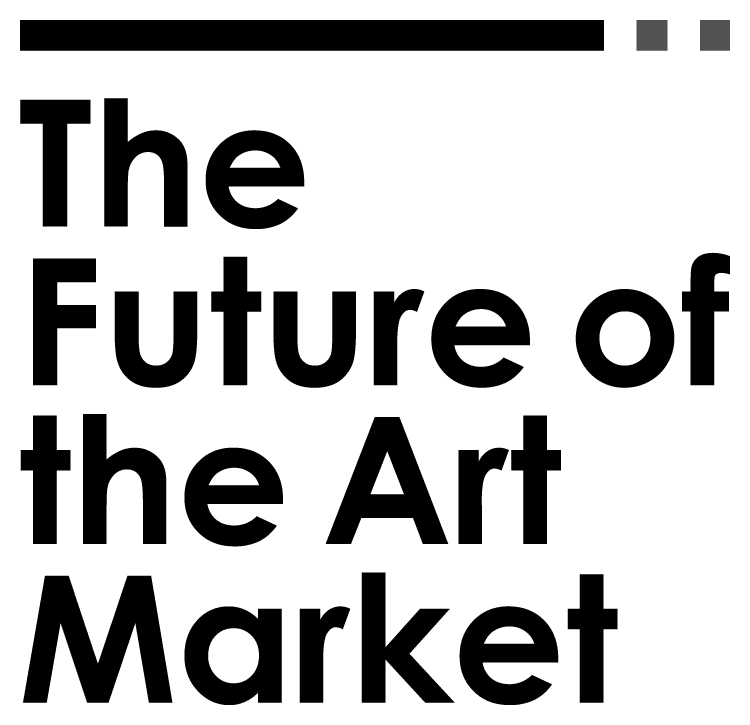[eltdf_highlight background_color=”#ffffff” color=”#000000″]Expanded Formats[/eltdf_highlight]
[eltdf_highlight background_color=”#ffffff” color=”#000000″]Reimagining art economies online[/eltdf_highlight]
What if approaches to selling and experiencing art online were based on a deeper understanding of the artistic possibilities and politics of technologies?
Lucy Rose Sollitt and Jo Townshend explore alternative future art market economies with a panel of special guests.
Watch the recording of the discussion in full via the video below
Panel discussion on 20 October 2020
Convened by Lucy Rose Solitt and Jo Townshend
Speakers:
Kieren Reed, Director of the Slade School of Fine Art; Danielle Brathwaite-Shirley, Artist; Cade Diehm, founder of New Design Congress and Helen Knowles, Artist
The Covid-19 crisis has caused the art market to move online and accelerated the use of emerging technologies such as AR and VR. Yet dominant approaches to selling art using such technologies – whether by galleries, art/tech startups or online marketplaces – often replicate the logic of today’s corporatised technologies and transpose sales models from an already polarised art market.
Use of AI is narrowly focused on achieving sales “efficiencies”, proprietary AR apps are used as visualisation tools for wealthy collectors, virtual 3D simulations are limited to unsatisfactory recreations of fair booths complete with static artworks and VIP areas. While using technologies as sales tools can be positive and needed, the vision seems constricted as the market strives for scarcity. This bears little resemblance to the rich expressions artists are creating using networked technologies, or artists’ responses to wider technopolitics.
In the short term, the likely result is to maintain the status quo and consolidate power-bases. Meanwhile, increasing dissatisfaction at the centralising dynamics of platform capitalism is prompting the creation of alternatives where more people benefit from the value they create. Is the market vulnerable to disruption by the next generation of tech users and innovators?
During this interactive event, Lucy Rose Sollitt and Jo Townshend convened a panel of experts working in the field of art and technology to consider:
What if approaches to selling and experiencing art online were based on a deeper understanding of the artistic possibilities and politics of technologies? Might alternatives to dominant economies be revealed?
Together they considered a range of models and ideas imagined by artists, thinkers, critical technologists working with and reflecting on networked technologies. From blockchain enabling alternative models for selling and supporting creation of born-digital artworks, to curated content and art based on Web 1.0 principles. It explores whether such approaches offer viable alternatives for generating sales while freeing art from dominant market dynamics. And reflect on which perspectives could anticipate future artistic economies.
In the run-up to this event, we handed over our @creativeuniteduk Instagram feed to four artists who are using and exploring the implications of emerging technologies. How might models of sales, ownership and distribution in the market be remodelled to better align with their practice?
No posts found.
Make sure this account has posts available on instagram.com.
#FOTAMUK
Share your reflections on social media and join in the discussion.

About Lucy Rose Sollitt
Lucy Rose Sollitt is a curator, writer and strategic advisor. She focuses on the intersection of art and technology and possibilities for new artistic economies.
Lucy wrote the Future of the UK Art Market report, her curation of Redefining Value in the Art Market follows on from this. Lucy is strategic advisor to DACS’ innovation programme and led research and strategy on art and innovation as part of a new White Paper for the UK government. She has curated projects and programmes for a range of organisations including FACT, Goethe Institut, York Mediale and Zien. Her writing includes Intersections, a series on trends in art/tech for British Council, and articles for Rhizome and AQNB. Lucy previously led on Creative Media at Arts Council London and has devised programmes with Abandon Normal Devices, Innovate UK, Rhizome, Google, and Tate Modern.
A philosopher by training, all Lucy’s work is underpinned by philosophical exploration and belief in art as felt knowledge.
About Jo Townshend
Jo Townshend is the Principal Partnerships Manager (Creative Industries), UCL Innovation and Enterprise.
Working at the interface of academic research and industry, Jo is responsible for identifying and developing strategic partnerships; she specialises in facilitating multi-disciplinary and interdisciplinary collaborations with the performing, production and visual arts, museums, galleries and business. By adopting a critical and material approach to innovation, matter become central for knowledge exchange between UCL research, artists, practitioners, community and business to catalyse new thinking, actions and policy.
Recent projects include the UCL AI and Art Futures programme (curated by the Slade School of Fine Art, Laws, Engineering and Innovation & Enterprise) in partnership with Arts Council England. This includes the recent UCL AI & ART Futures Policy Roundtable with UCL Public Policy and UCL Centre for AI at Cog X.
Jo is the chair of Contemporary Visual Arts Network London and acting chair of Creative Newham. She is a Trustee of the Board for the De La Warr Pavillion, Bexhill and Trustee of the RSA Academies Trust.
Speakers
Danielle Brathwaite-Shirley is an artist working predominantly in animation, sound, performance and Video Games to communicate the experiences of being a Black Trans person. Their practice focuses on recording the lives of Black Trans people, intertwining lived experience with fiction to imaginatively retell Trans stories. Spurred on by a desire to record the “History of Trans people both living and past” their work can often be seen as a Trans archive where Black Trans people are stored for the future. Danielle’s work has been shown in Focal Point Gallery, Science Gallery, MU, Barbican, Tate, Les Urbains as well as being part of the BBZ Alternative Graduate Show at the Copeland Gallery.
Cade is a designer, writer, researcher and founder of the New Design Congress, a non-profit organisation developing a nuanced understanding of technology’s role as a social, political and environmental accelerant. He has spent ten years embedded in tech infrastructure and security projects in six countries. From 2017–2019, Cade was Design Lead at Tactical Tech, a Berlin-based NGO that works to raise awareness of issues of data, privacy and technology in societies.
Helen Knowles (b.1975) is an artist and curator of the Birth Rites Collection. She has a BA Hons from Glasgow School of Art and MFA Fine Art from Goldsmiths University. She lectures widely around the UK and abroad. Recent and forthcoming shows include; Cosmotechnics, UCLAN, (2021), ‘Trickle Down, A New Vertical Sovereignty’ solo show at arebyte Gallery, London, Galerie du Granit, Belfort, France (2020), ‘Future and the Arts: AI, Robotics, Cities, Life – How Humanity Will Live Tomorrow’ The Mori Art Museum, Tokyo, NEMO festival, 104 Paris, The Ministry of Justice and Consumer Affairs, Berlin, ‘Artistic intelligence’ Hannover Kunstverein (2019) ‘Impakt Festival, ‘Los Algorithmos Suaves’, Centro del Carme, Valenica, Potsdam Film Museum (2018) ‘Zero Recoil Damage’,FolkestoneTriennial, ‘OpenCodes’, ZKM Karlsruhe, Germany, ‘Codex’ D21, Leipzig, The Trial of Superdebthunterbot, Zabludowicz Collection, London (2017).
Kieren Reed is the Director for the UCL Slade School of Fine Art. He is also Head of Undergraduate Sculpture, Director of Studies for Undergraduate Programmes and Undergraduate Tutor at the Slade. Mr Reed’s art research encompasses sculpture, public art, participation, performance and installation, from studies in form to the production of architectural structures. His art is most often linked to a process, place, site or a consideration of a space, situation and pedagogy. Recent projects and commissions have included: Tate Modern, Tate Britain, Folkestone Triennial, Whitstable Biennale, Focal Point Gallery, Camden Arts Centre, Ikon Gallery, The New Art Gallery Walsall, Artsway, Herbert Read Gallery, Gasworks and Studio Voltaire.


